PPC Marketing – Where Do You Make Your Money?
PPC Marketing – Jupiter Research a Forrester Research company said that 81% of users find their desired destination through a search engine. Broadly speaking, you need to be in the top of the SERP (search engine results page).
PPC marketing is still a relatively new concept and from the outside looking in it can look a bit daunting. What with it looking like a war zone with multiple companies trying to outbid each other on keywords to get their ads to the top. There are many more business not doing PPC Marketing than there are, so therefor Google and Microsoft stand to get even larger in size.
But its important to be aware of whether or not it is right for your business. There have been multiple success stories when it comes to PPC, but it has also seen its fair share of companies who haven’t seen success with the advertising platform.
I want to share with you some amazing statistics before I get into the good & bad of PPC Marketing.
When it comes to AdWords, businesses make an average of £2 in revenue for every £1 they spend PPC Marketing on the platform.
Organic results are 8.5x more likely to be clicked on than paid search results! However, PPC holds a slight edge in conversion rates, as paid search results are 1.5x more likely to convert into sales or email sign-ups for example than organic search. After all the average click-through rate for a Google ad is 3.16%
While those may be huge positives, let me share with you what I found to be the bad points of PPC……
The Bad
It can get very expensive
PPC Marketing costs money, after all its in the title Pay Per Click, you pay up every time someone clicks on your ads. Depending on your experience with the advertising medium it can appear like you are burning cash with no return on investment. So it is essential and good practise that you have defined objectives before you start. Keep your PPC objectives and strategy at the forefront of your mind. What is your CPC (Cost Per Click) target. Even then with the fact that you are bidding with hundreds of other companies for keywords – costs can still skyrocket if you want to see your ads in the top 3 of the first page in Google or Bing.
As an example, “Insurance” is the most expensive keyword at £55 per click! Now can you imagine if 100 people clicked on your ad. That would end up costing you £5500!
Of course this is all relative depending on the size of the business and how much a conversion is worth compared to the PPC spend. Another essential element of effective PPC management is knowing how much you are making in profit margin terms. The product or service you are advertising will have a profit and this should be included as a goal to measure against your PPC efforts.
Did you know, a YouTube homepage ad can cost on average £4,000!
Constant management
One thing a lot of companies don’t realise is the constant management required to run effective PPC Marketing campaigns. A lot of companies start out not knowing this fact and believe it is a set and forget job, burning cash and not achieving results in the process.
For small companies this can be a problem as they usually do not have the resources or time to allocate to manage PPC on an ongoing basis. Many get disillusioned and will say ‘it doesn’t work after trying it briefly’.
Keeping up to date
The Good
Instant results over SEO
It’s a fact that SEO takes times before any improvements or changes take effect within the search engines. While that’s not necessarily a bad thing, its not great if you are looking for results in a short space of time.
This is where PPC Marketing comes in! you can put together a campaign with ad groups, keywords and ads – set it live and the next morning see results from the get go. These may mainly be impressions and only a few clicks but results nonetheless. Getting these results instantly also enables you to make changes whereas you would have to wait for SEO to take effect before seeing if you need to make any improvements.
That’s not to say you should neglect SEO entirely, as they both go hand in hand in improving your visibility.
Data, data and more data!
As an example of how data heavy PPC Marketing can get, the Google Display Network serves about 180 billion impressions (views of an ad) each month, which is about 6 billion a day!
You can also pull data from Google Analytics to find out the effect the campaigns are having on traffic, bounce rate and new sessions.
Some may also see this as a negative because of the overwhelming amount of data, but I like to look at it in a positive way. The more data means the more opportunities you have to make smart decisions that improve your campaign and therefore improve click-through and conversion performance.
Specific Customer Targeting
For example you can specify locations down to individual counties which is great for local businesses, this means you won’t waste money from clicks by individuals who are not in your location.
Another great feature is the ability to schedule when your ads are shown. Like the previous point, it helps to reduce click wastage by making sure your ads are shown when your target audience is at its most active.
Conclusion
I have aimed to provide a completely even view of the benefits & negatives of PPC Marketing, to summarise it works for some companies and others not so much. It requires diligence, understanding and real commitment to see true results that become conversions for your business.
If you find that the process puts you off, then we would love to help manage your PPC and show you just how successful it can be for your business. We have years of experience and proven results! If that interests you Click Here!
Some further reading we would recommend includes :
We are currently making an offer that will enable the


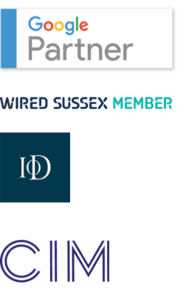

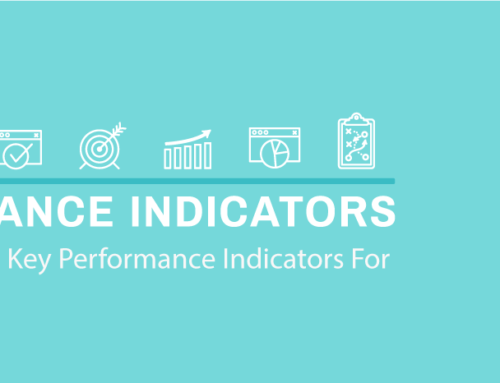
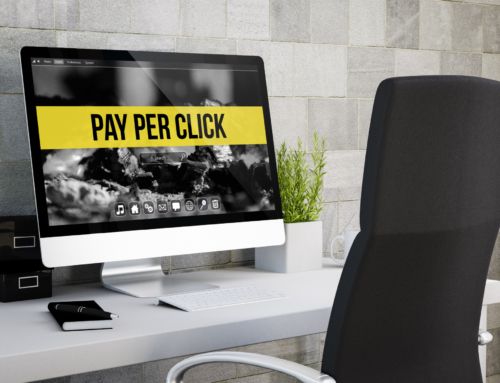

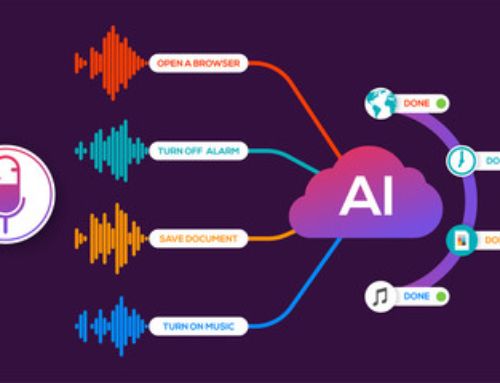
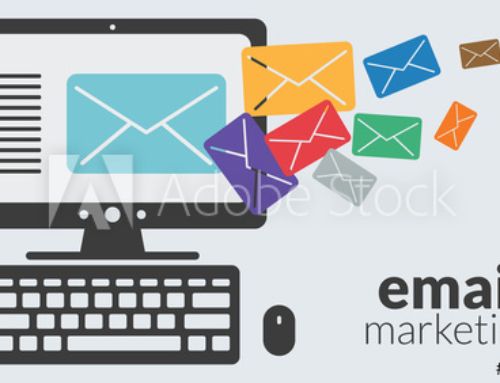

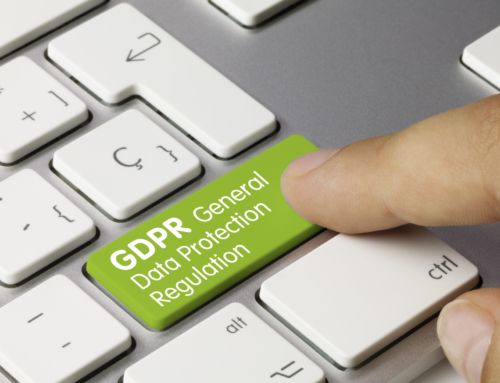
Leave A Comment